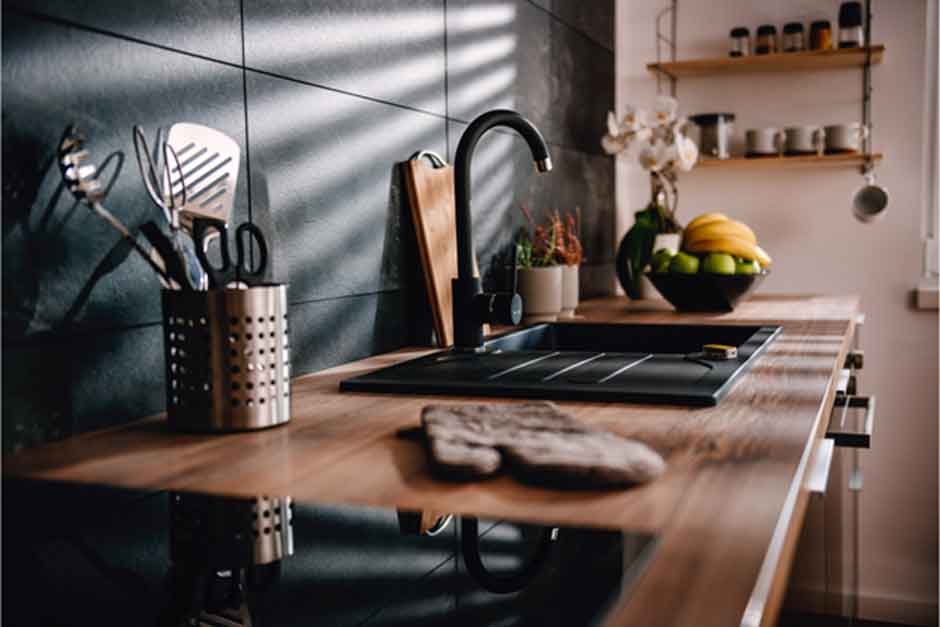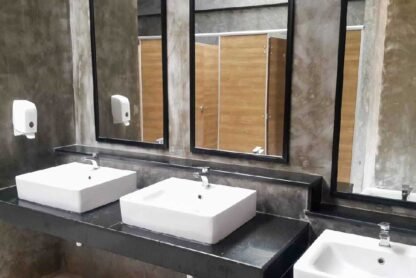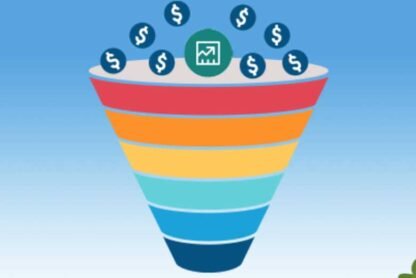When it comes to maintaining your home, understanding the intricacies of your kitchen plumbing system is crucial. From ensuring efficient water flow to tackling occasional repairs, familiarity with your kitchen plumbing setup can save you time, money, and frustration, especially when dealing with issues like kitchen plumbing repair.
Components of Your Kitchen Plumbing System
Your kitchen plumbing system comprises several key components that work together to bring water in and out of your home. The main elements include the water supply lines, which bring fresh water into your kitchen from the main supply. These lines are typically made of durable materials like copper or PEX, designed to withstand high water pressure and regular use.
Sink and Faucet
At the heart of your kitchen plumbing is the sink and faucet assembly. This is where most water-related activities occur, from washing dishes to filling pots. Over time, faucets may develop leaks or drips, leading to water wastage and potential damage to your cabinets or countertops. Regular inspection and maintenance can help prevent these issues before they escalate, ensuring your kitchen remains functional and leak-free.
Drainage System
The kitchen drainage system safely transports wastewater away. It includes the sink trap, which prevents sewer gases from entering your home and catches debris that could clog your pipes. Proper maintenance, such as avoiding pouring grease down the drain and using a drain strainer to catch food particles, can prevent clogs and keep your drainage system flowing smoothly.
Dishwasher and Refrigerator Water Lines
Many modern kitchens are equipped with appliances that require water connections, such as dishwashers and refrigerators with ice makers or water dispensers. Ensuring these connections are secure and leak-free is essential to prevent water damage to your floors and cabinets. Regularly inspecting hoses and connections for signs of wear or leaks can help you catch problems early.
Common Kitchen Plumbing Issues
You may encounter kitchen plumbing issues such as clogged drains, leaky faucets, or malfunctioning appliances despite your best efforts. Knowing when to tackle these issues and when to call in a professional can save you time and frustration. For complex issues like major leaks or persistent clogs, contacting a licensed plumber experienced in kitchen plumbing repair is advisable to ensure the problem is resolved correctly.
Understanding your kitchen’s plumbing system empowers you to take proactive steps in maintaining its functionality and efficiency. Regular inspections, timely repairs, and knowing when to seek professional help are key to avoiding costly repairs and disruptions to your daily routine. If you’re experiencing issues with your kitchen plumbing or need expert advice, don’t hesitate to contact your trusted local professionals.









